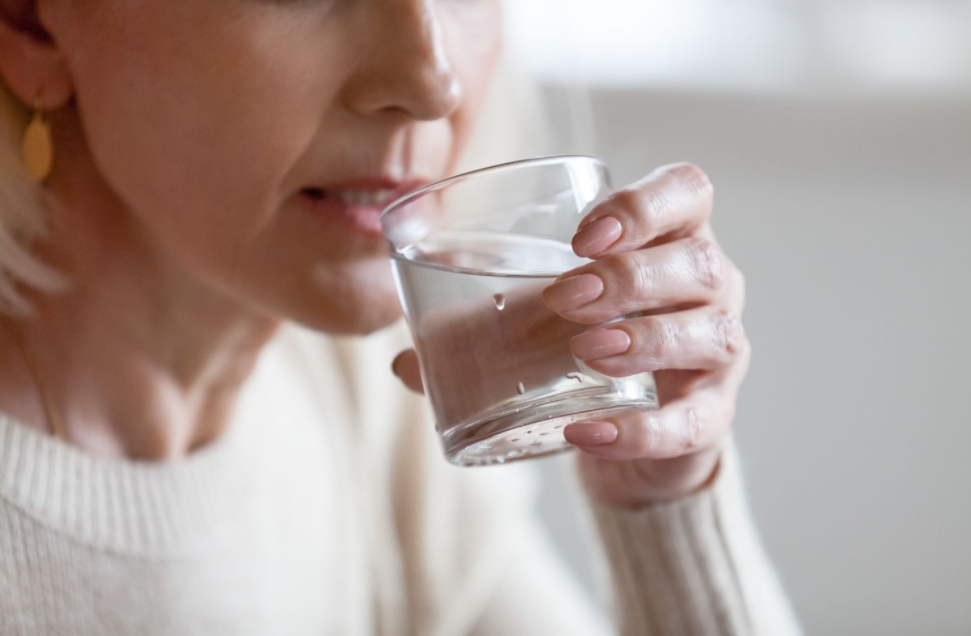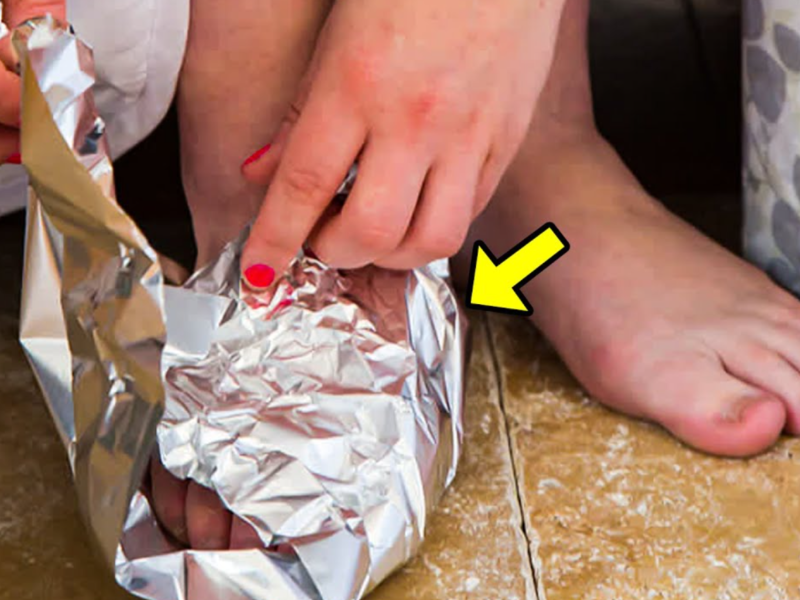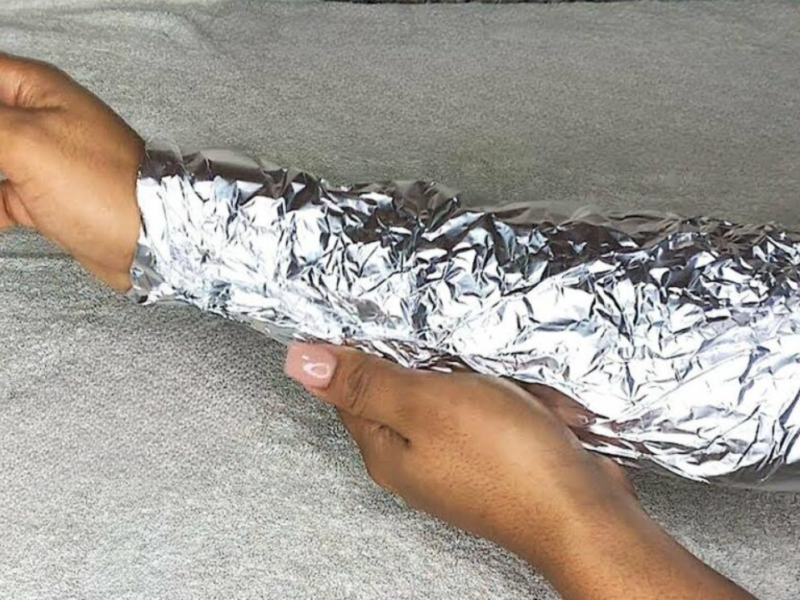Mild dehydration has been shown in studies to have a negative impact on health, mood, and energy levels. That is why, especially in the summer, it is critical to drink plenty of water and notice the early signs of dehydration.
60% of the water we lose everyday through urine, perspiration, and breathing is in our bodies. When you don’t drink enough water, your brain thinks your body is dehydrated.
Mild dehydration occurs when the body loses 2% of its overall fluid volume.
The most common symptoms are:
- Thirst
- Loss of appetite
- Dry skin
- Redness
- Dark color of urine
- Dry lips
- Fatigue
- Dizziness
Flu, diarrhea, vomiting, blood loss, poor diet, and lack drinking water are the most common reasons. When you’re unwell, you need to drink plenty of water to flush out unwanted toxins and allow your body to function correctly.
- Severe dehydration
- Vomiting
- Muscle cramps
- Accelerated pulse
- Blurred vision
- Reduced sweating
- Increased body temperature
- Fatigue
- Muscle cramps
- Headache
- Nausea
- Shortness of breath
When one has these symptoms, one must drink plenty of water, but slowly.
During the summer, how much water should you drink?
The amount of water required varies by individual, but for active individuals, 2 to 4 liters per day is advised. The needs of a person can change as the weather changes.
If you exercise consistently, your body will require more water. It’s critical to replace the fluid you lose during exercise.
Women should drink 2.7 liters of water per day, while males should drink 3.7 liters.




